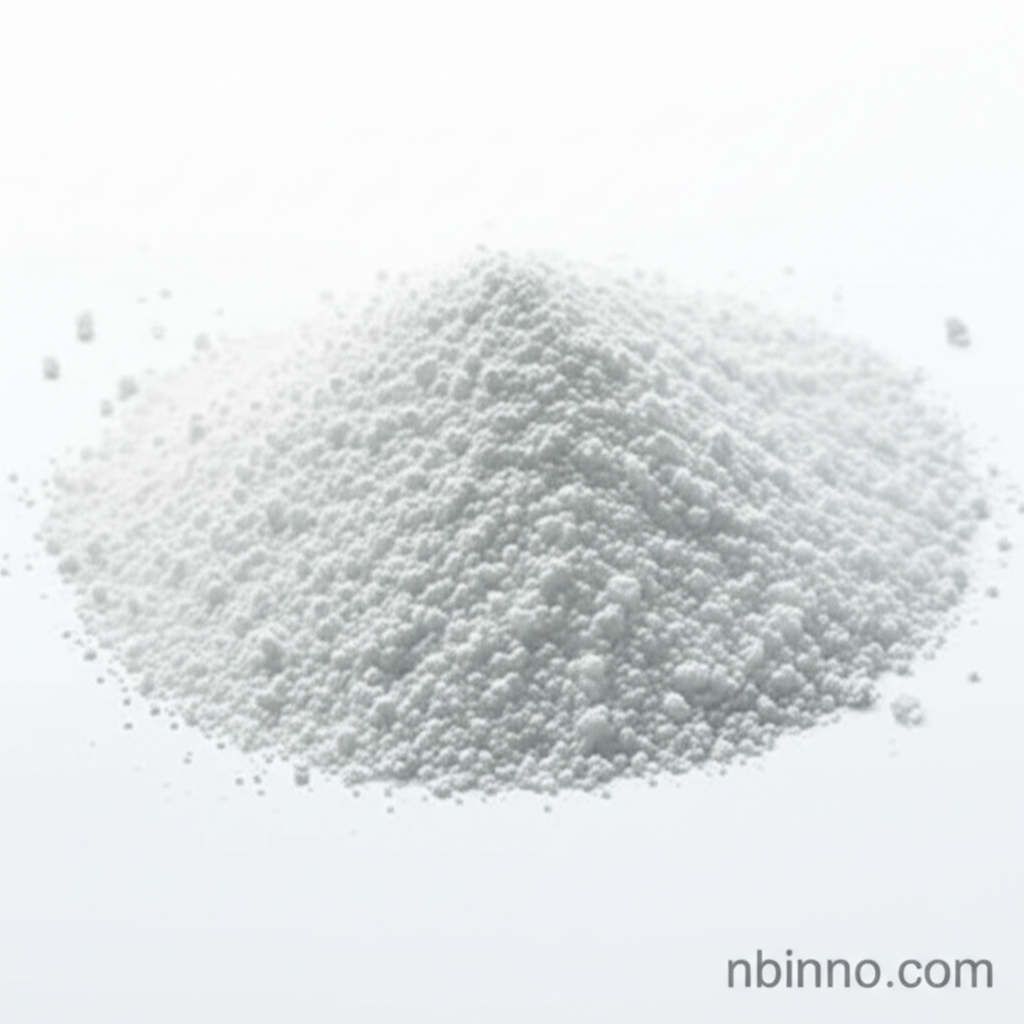Microcrystalline Cellulose: The Foundation of Modern Pharmaceutical Formulations
Discover the indispensable role of MCC in creating effective and stable drug delivery systems.
Get a Quote & SampleThe Core Value of Microcrystalline Cellulose

Microcrystalline Cellulose
Microcrystalline Cellulose (MCC) stands as a paramount excipient in the pharmaceutical industry, renowned for its exceptional versatility and efficacy in tablet formulation. Derived from refined wood pulp or other fibrous plant materials, MCC is a purified, partially depolymerized cellulose. Its unique physical and chemical properties make it an ideal choice for a wide array of pharmaceutical applications, from acting as a robust filler and binder to serving as an effective disintegrant and flow enhancer.
- Unlock superior tabletability with microcrystalline cellulose tablet formulation, ensuring robust and consistent tablet production.
- As a pharmaceutical grade MCC binder, it provides excellent dry binding capabilities, crucial for direct compression methods.
- Explore the benefits of microcrystalline cellulose for direct compression, streamlining manufacturing processes and improving efficiency.
- Leverage the powerful microcrystalline cellulose disintegrant properties to enhance drug release and bioavailability.
- Understand the intricacies of MCC synthesis from natural sources, highlighting its sustainable and accessible origin.
Key Advantages of Utilizing MCC
Enhanced Tablet Strength
MCC's plastic deformation under compression creates extensive bonding surfaces, leading to tablets with superior hardness and low friability, a key aspect of pharmaceutical grade MCC binder performance.
Improved Flowability
Specific grades of MCC, especially those with larger particle sizes or agglomerated structures, significantly improve powder flow, which is vital for consistent die filling in high-speed tableting, as emphasized in microcrystalline cellulose tablet formulation guides.
Versatile Functionality
Beyond its role as a filler, MCC acts as a disintegrant, aiding in the rapid breakdown of tablets, and as a lubricant and glidant, facilitating smooth manufacturing processes, demonstrating its broad utility as a microcrystalline cellulose disintegrant.
Key Applications of Microcrystalline Cellulose
Direct Compression
MCC is the gold standard for direct compression, offering excellent compressibility and binding properties essential for efficient tablet manufacturing, aligning with the principles of microcrystalline cellulose for direct compression.
Wet Granulation
Its wicking action accelerates powder wetting and improves granule properties, making it a valuable component in wet granulation processes, as detailed in discussions on MCC synthesis from natural sources and their applications.
Drug Release Modification
MCC's properties can influence drug release rates, making it useful in sustained-release formulations and improving the efficacy of various drug delivery systems, supporting its role as a versatile pharmaceutical excipient.
Food and Cosmetics
Beyond pharmaceuticals, MCC serves as an anti-caking agent, stabilizer, and texturizer in food products and cosmetics, showcasing its broad industrial applicability.
